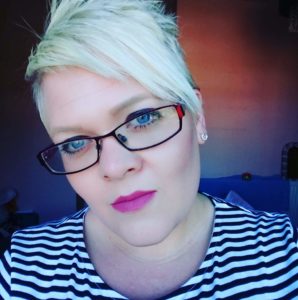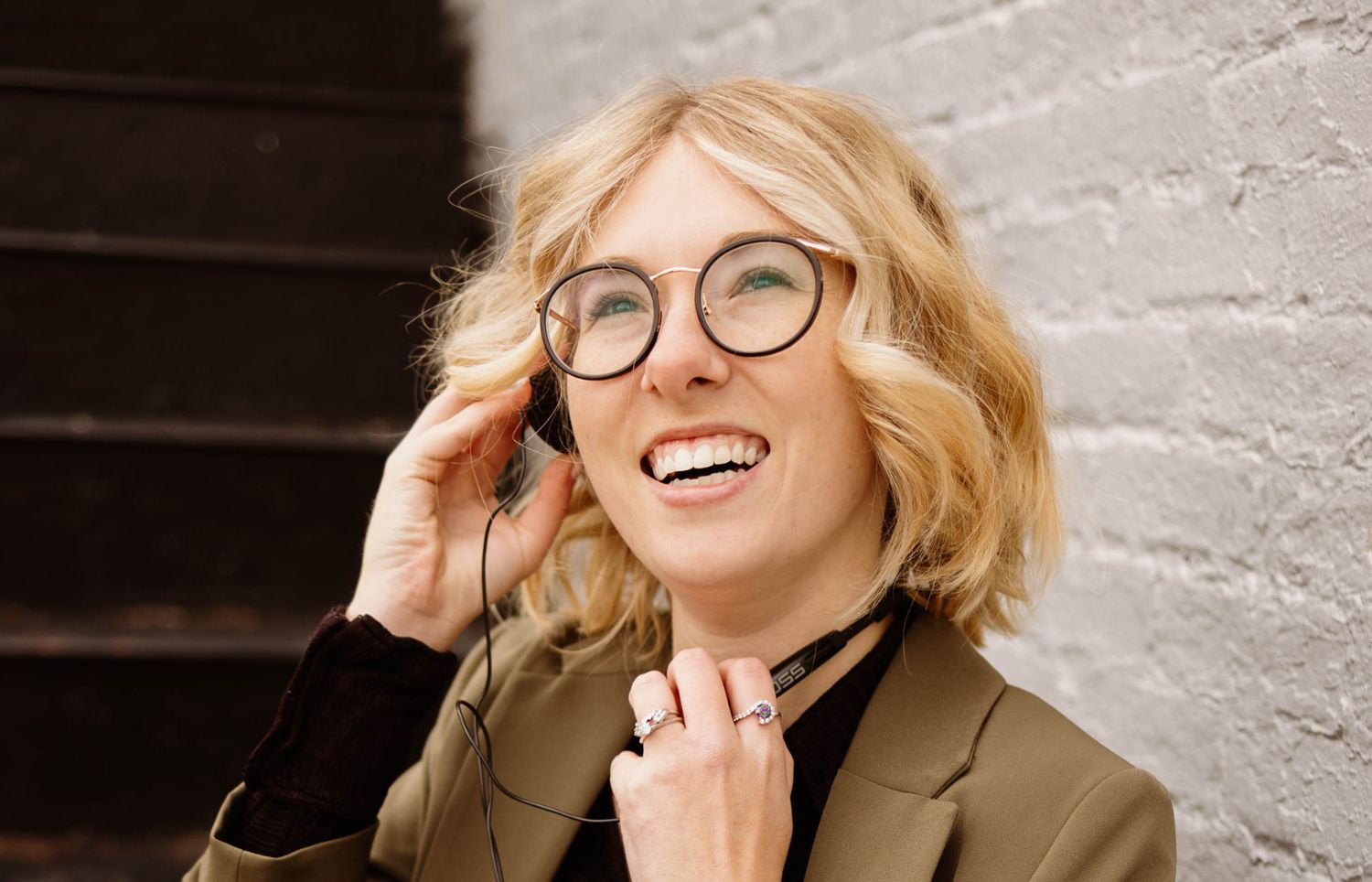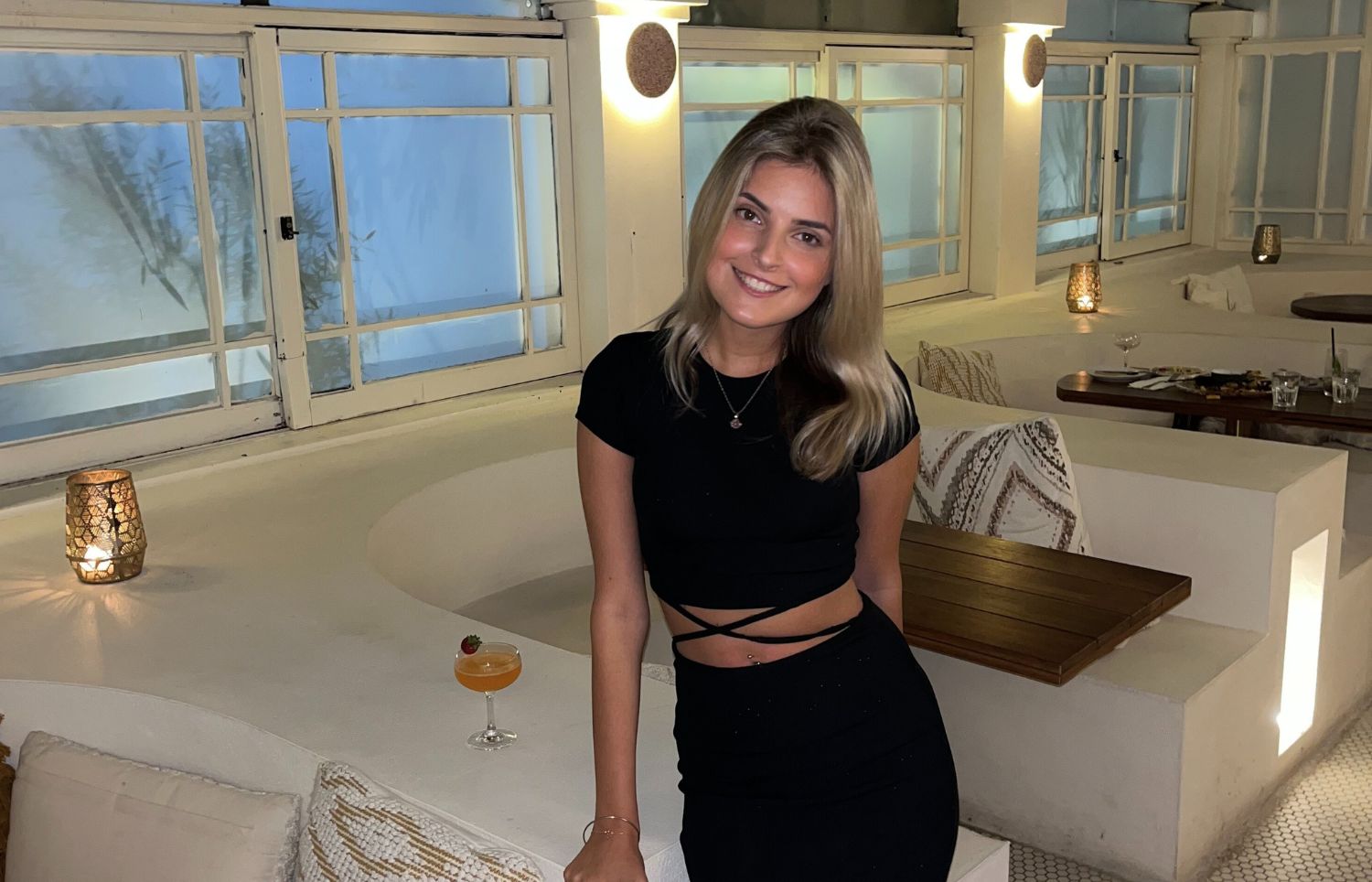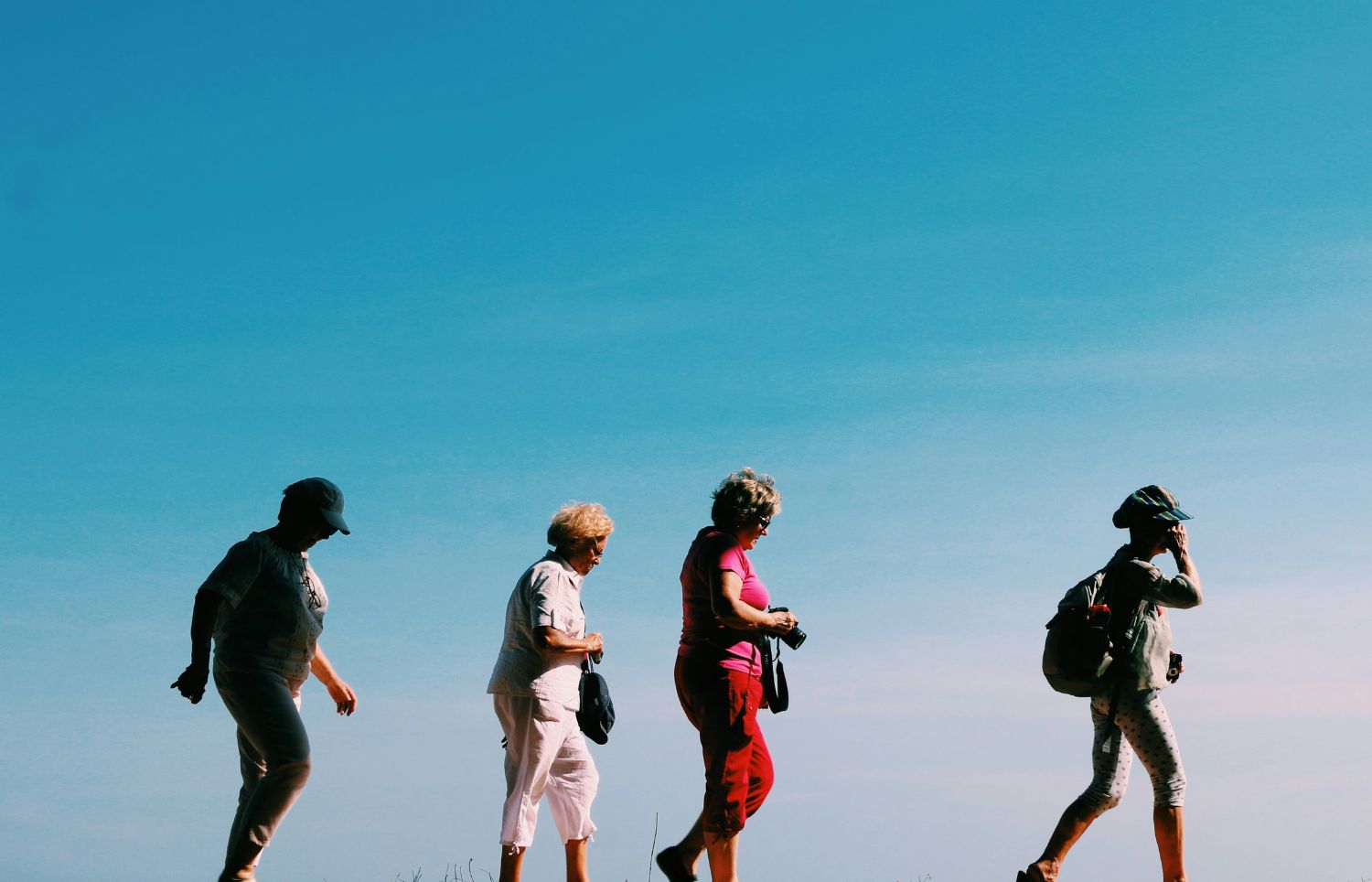
Niki Wells is 33 years old and lives in London with her partner Dany, her son and two step-children and their Whippet Greyhound Meg. On the outside Niki appears to live a normal life but underneath she suffers from a debilitating chronic bladder condition called Interstitial Cystitis.
Interstitial Cystitis, also known as Bladder Pain Syndrome is a little known condition, that causes a feeling of pain and pressure in the bladder area and symptoms of a UTI without having a bacterial infection. Symptoms can range from mild to severe, some people may suffer from flares whilst others may have their symptoms all the time. Some sufferers may also have other chronic conditions that are linked to IC such as fibromyalgia and irritable bowel syndrome.
Niki first experienced symptoms of IC around 8 years ago but only got an official diagnosis 4 years ago. As well as having the classic symptoms of IC, Niki also has vulvodynia, which is a persistent, unexplained pain around the vulval area and fibromyalgia, which causes body aches and pains and flu-like symptoms.
Interstitial Cystitis affects 99% of her day-to-day life. Before having IC, Niki loved going to the gym and would spend up to four hours in the gym daily, worked a full time job and had an active social life. Now Niki spends her time between her sofa and bed as she is in constant pain with burning sensations and suffers from urgency which makes her feel like she needs to urinate every 5 minutes. Instead of long country walks with her dog, Niki can only manage 10 minutes walking until she’s struck down with crippling pain.
Niki has been with her partner for 9 years and has had a lot of support from him in terms of her condition, although she admits it does get tough and has affected their relationship. After years of pain, endless hospital trips and being unwell, it has split her relationship 3 times as Niki felt she couldn’t put her partner through the trials of her chronic condition. The physical side of a relationship has also been difficult for Niki with sexual intercourse causing extreme burning and pain.
Niki has had numerous treatments to try and control the symptoms of interstitial cystitis. Niki undergoes regular hydro bladder distensions, which is a procedure done under general anaesthetic to fill up the bladder and release the fluid. This gives Niki temporary relief from the burning symptoms in her bladder and urethra. Niki has also undergone a urethral dilation and botox injections in the bladder to help with bladder spasms. This has helped with Niki’s urgency symptoms, which she is grateful for but she is still left with a lot of pain.
Niki says it’s really important to stay positive when dealing with a chronic condition like IC. “ I’ve been down the road of laying in bed hiding from the world, and I found that my pain gets worse as you need to move a little to stretch the muscles. Self love is what it is all about! I always do something at least once a week to feel good and feel uplifted so I have my hair cut by a mobile hairdresser, I have my eyebrows and eyelashes tinted, I run a hot bath with epsom salts candles and music. Just because i can’t have a social life much outside I make sure I feel loved. My partner runs me a bath, he does the housework, he walks the dogs, he looks after my son when I can’t get off the sofa; finding the positives keeps you going.”
Niki believes that more people need to be aware of Interstitial Cystitis “ IC awareness needs to be supported more. Too many people are being misdiagnosed. So many people don’t know what IC is and so many people are suffering in silence. It’s not fair and so many people who have IC are so embarrassed by their condition as they feel that ‘cystitis’ is not a serious condition but this is different and it very much is a serious condition with debilitating chronic pain and discomfort. This condition ruins so many lives and relationships; we shouldn’t have to suffer anymore. It’s September and IC awareness month. Not once has there been a programme on the condition and not once have I seen any collection pots in my local town. How are people supposed to help support and donate to a cure when it’s invisible to the public?”
If you have a bladder or bowel condition and you would like to share your story with the community you can contact us by email [email protected], via Facebook or Twitter.








